Antoine Roex, Stalks
Discover how integrating data into educational digital tools is revolutionizing learning and school management. This article explores the benefits of using data to personalize learning experiences, improve the effectiveness of educational tools and provide valuable analytics for teachers and administrators. Learn how data can transform modern educational environments and optimize academic results.
Personalizing learning with data
The integration of data into digital educational tools enables advanced personalization of learning. By collecting and analyzing data on students’ performance, behaviors and preferences, digital tools can offer tailor-made learning experiences. For example, adaptive learning platforms use this data to adjust pedagogical content according to each student’s individual needs. This creates learning paths that address each student’s strengths and weaknesses, promoting better understanding and retention of knowledge.
The data also enables teaching interventions to be targeted more effectively. Teachers can quickly identify students with specific difficulties and provide them with appropriate resources and support. This proactive approach helps prevent academic failure by offering targeted assistance before problems become critical.
Improving the effectiveness of educational tools
Digital educational tools, when powered by data, become more effective in managing learning processes. Data collected on tool use, assessment results and student interactions enable continuous improvement of these tools. Developers can use this information to refine functionality, fix bugs and add features that better meet user needs.
Data analysis can also be used to measure the impact of digital tools on academic results. By examining how students use the tools and what types of content are most engaging, educators can assess the effectiveness of different pedagogical strategies and adjust their methods accordingly. This constant feedback helps create more dynamic and responsive learning environments.
Support for school performance management and evaluation
Data-integrated digital tools offer invaluable support for the administrative management of educational establishments. Learning Management Systems (LMS) and other digital platforms can centralize information on student performance, assessment results and academic progress. This centralization facilitates detailed reporting and trend analysis at individual, class and institutional levels.
The data also enables a more objective and transparent assessment of school performance. Teachers and administrators can use quantitative data to track student progress, identify gaps in teaching and measure the effectiveness of educational programs. This data-driven approach helps to make informed decisions about the pedagogical strategies and interventions needed to improve educational outcomes.
Strengthening collaboration between teachers and students
Integrating data into digital educational tools strengthens collaboration between teachers and students. Digital learning platforms offer features that enable continuous communication and instant feedback. Teachers can monitor students’ progress in real time, provide constructive feedback and adjust their pedagogical approaches according to observed needs.
Students, for their part, benefit from greater visibility of their own performance and progress. Personalized dashboards and detailed reports enable them to understand their strengths and areas for improvement. This transparency fosters a more autonomous approach to learning, where students are encouraged to set their own goals and monitor their progress, while receiving targeted support from their teachers.
Conclusion
The integration of data into digital educational tools is transforming the way schools approach learning and academic management. By enabling greater personalization of learning, improving the effectiveness of pedagogical tools, facilitating academic performance management and strengthening collaboration between teachers and students, data plays a crucial role in optimizing educational environments. Educational institutions that embrace these technologies can offer more tailored, efficient and transparent learning experiences, contributing to improved academic results and smoother resource management.
References :
- Personalizing learning with data in digital tools
- How data improves the effectiveness of educational tools
- Using data to manage and evaluate school performance
- Strengthening collaboration between teachers and students with digital tools



